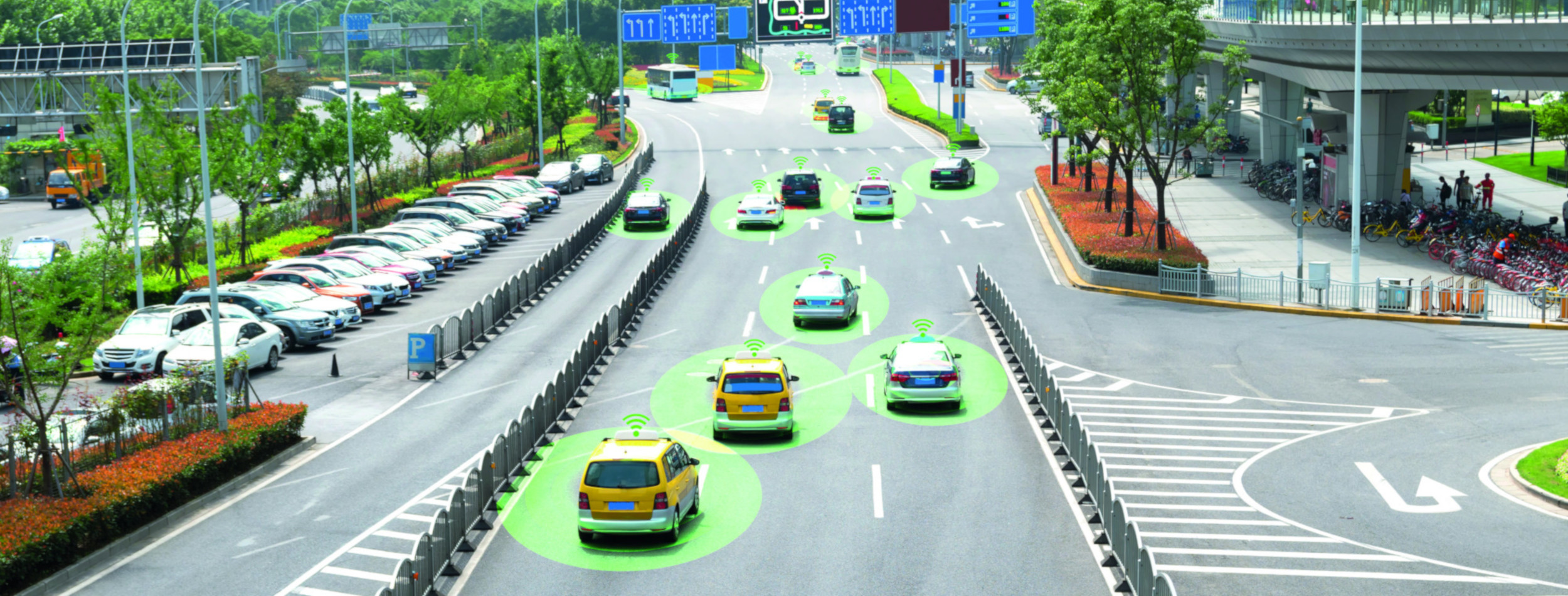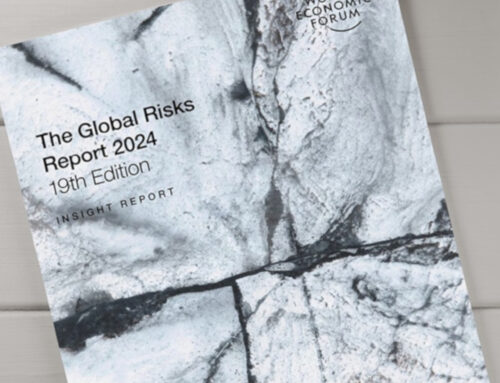

Autonomous Vehicles – A New World of Driverless Cars
Share this
Have you ever ridden in an autonomous vehicle (AV)? If not – how comfortable would you be riding in one? According to Deloitte’s 2019 Global Automotive Consumer Study, the number of respondents in the U.S. who do not believe AVs will be safe has plateaued since 2018 (at 50%), but that number is a significant decrease from 2017 (74%). Most believe that the media’s attention to accidents has made consumers more cautious of the technology. Despite consumer wariness, AVs continue to be manufactured and tested; and federal and state lawmakers are considering the ramifications of this new world of driverless cars, including how existing laws and systems need to be modified in order to facilitate the implementation of this new technology.
Depending on when and how this new world progresses, insurers will need to determine how they will serve their customers. The classic insurance environment is to pay for claims as a result of an accident due to driver error. In the future, the risk will be more technical and possibly related to system failure of an autonomous vehicle. Many questions remain unanswered, and the Government Affairs team is providing expertise to guide the discussion.
Three significant issues are liability (that is, who owns it), safety standards, and data needs (in other words, who owns and protects the information).
- Liability is potentially shifted from the human driver to the automobile manufacturer, and considerations must be made for who the owner of the vehicle, and ultimately the liability, will be. The current liability system – a combination of both auto liability and product liability – should be sufficient in today’s testing environment.
- Many state laws are focused primarily on safety standards during the testing phase. Some address road restrictions, i.e., AVs may only be tested on highways. Others address the testing phase and who takes control of the car in an emergency situation. For example, questions arise as to whether that person should be a licensed driver and/or have the training necessary to take control.
- As for data needs, currently there are no standard data elements to determine why an autonomous vehicle crashed. Data from the vehicle is also necessary to underwrite and rate the business, and the desired amount of data and who owns that data remains a topic of intense discussion. In addition, there is increased potential for cybersecurity threats as vehicles become more connected.
With regard to developing and enforcing vehicle safety standards, the federal government generally has responsibility in this domain. It will regulate the safety, design, and performance aspects of the vehicle or technology. Currently, each car must have a steering wheel. Will that requirement need to exist in an AV? Also at the federal level, congressional policymakers were close to addressing some of these issues in 2018 but legislation was not finalized. In 2019, we can reasonably expect efforts to continue in Congress and at the U.S. Department of Transportation, including efforts to promote innovation and consumer safety.
On the state side, approximately seventeen states have introduced bills that are designed to create an atmosphere of innovation and testing of the new technology. Many states are grappling with whether a different insurance requirement is necessary at the testing stage and who should have that responsibility. A few states have introduced legislation related to the data needs of the manufacturers, insurers, and other related entities. These provisions dictate that the owner of the data is allowed to keep all personally identifiable information confidential.
The new world of driverless cars is coming, and watching our legal and regulatory frameworks develop will certainly be an interesting ride.
By: Lynne Grinsell
Assistant Vice President of State Affairs

Autonomous Vehicles – A New World of Driverless Cars
Share this
Have you ever ridden in an autonomous vehicle (AV)? If not – how comfortable would you be riding in one? According to Deloitte’s 2019 Global Automotive Consumer Study, the number of respondents in the U.S. who do not believe AVs will be safe has plateaued since 2018 (at 50%), but that number is a significant decrease from 2017 (74%). Most believe that the media’s attention to accidents has made consumers more cautious of the technology. Despite consumer wariness, AVs continue to be manufactured and tested; and federal and state lawmakers are considering the ramifications of this new world of driverless cars, including how existing laws and systems need to be modified in order to facilitate the implementation of this new technology.
Depending on when and how this new world progresses, insurers will need to determine how they will serve their customers. The classic insurance environment is to pay for claims as a result of an accident due to driver error. In the future, the risk will be more technical and possibly related to system failure of an autonomous vehicle. Many questions remain unanswered, and the Government Affairs team is providing expertise to guide the discussion.
Three significant issues are liability (that is, who owns it), safety standards, and data needs (in other words, who owns and protects the information).
- Liability is potentially shifted from the human driver to the automobile manufacturer, and considerations must be made for who the owner of the vehicle, and ultimately the liability, will be. The current liability system – a combination of both auto liability and product liability – should be sufficient in today’s testing environment.
- Many state laws are focused primarily on safety standards during the testing phase. Some address road restrictions, i.e., AVs may only be tested on highways. Others address the testing phase and who takes control of the car in an emergency situation. For example, questions arise as to whether that person should be a licensed driver and/or have the training necessary to take control.
- As for data needs, currently there are no standard data elements to determine why an autonomous vehicle crashed. Data from the vehicle is also necessary to underwrite and rate the business, and the desired amount of data and who owns that data remains a topic of intense discussion. In addition, there is increased potential for cybersecurity threats as vehicles become more connected.
With regard to developing and enforcing vehicle safety standards, the federal government generally has responsibility in this domain. It will regulate the safety, design, and performance aspects of the vehicle or technology. Currently, each car must have a steering wheel. Will that requirement need to exist in an AV? Also at the federal level, congressional policymakers were close to addressing some of these issues in 2018 but legislation was not finalized. In 2019, we can reasonably expect efforts to continue in Congress and at the U.S. Department of Transportation, including efforts to promote innovation and consumer safety.
On the state side, approximately seventeen states have introduced bills that are designed to create an atmosphere of innovation and testing of the new technology. Many states are grappling with whether a different insurance requirement is necessary at the testing stage and who should have that responsibility. A few states have introduced legislation related to the data needs of the manufacturers, insurers, and other related entities. These provisions dictate that the owner of the data is allowed to keep all personally identifiable information confidential.
The new world of driverless cars is coming, and watching our legal and regulatory frameworks develop will certainly be an interesting ride.
By: Lynne Grinsell
Assistant Vice President of State Affairs




